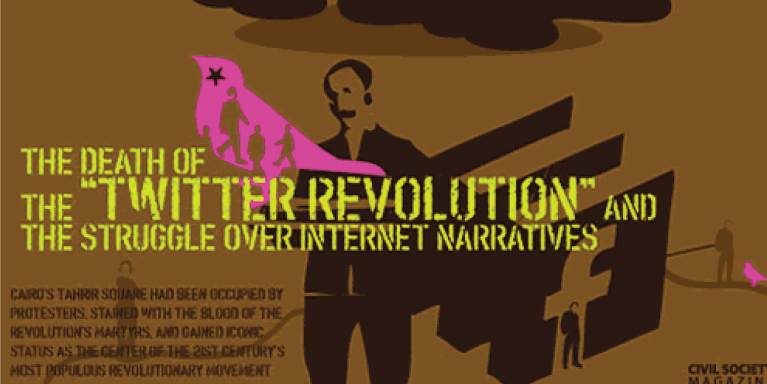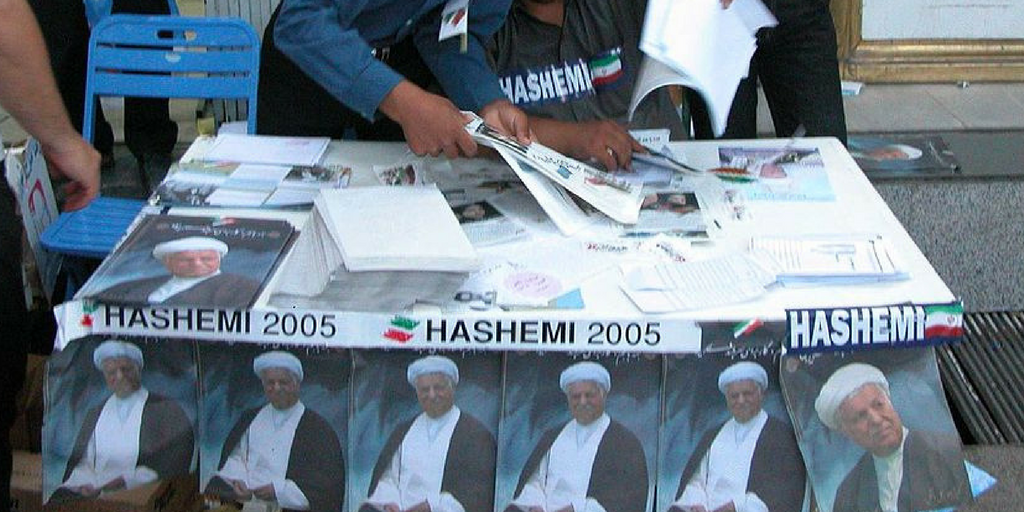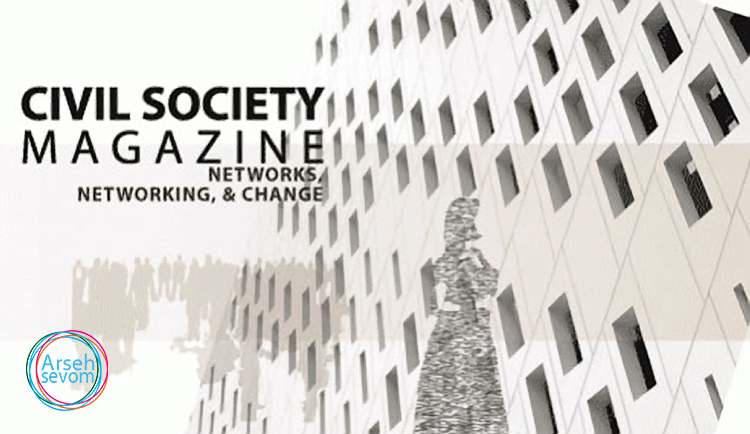
The Death of the “Twitter Revolution” and the Struggle over Internet Narratives
March 15, 2011The death of the “twitter revolution” and the struggle over internet narratives
March 17, 2011THE PROMISE OF THE INTERNET
This paper attempts to explain the public origins and deployment of information technology in Iran and its utilization by two forces in today’s Iranian society, directly challenging the political system. Iran has a nascent civil society or, to use Jeffrey Alexander’s words, “a civil sphere: a world of values and institutions that generate the capacity for social criticism and democratic integration at the same time.” (32) Among the challenges faced by the idea of an Islamic civil sphere are the sociopolitical critiques emanating from the reformist ulama and women. These movements oppose the current political structure in Iran with its unelected supreme leader at the top and an ultra-conservative president. In the absence of viable alternative political parties, these movements create civil power through direct participation or the Internet to broaden the civil sphere. If the political system is not able to incorporate their demands, it will be forced to change in fundamental ways.
On the surface, the reformist clerics and women’s-rights activists seem to be very far from each other in terms of their ideals and strategies. But a closer look at these movements reveals otherwise. The ulama, as well as women’s-rights activists, demand the fulfillment of their particular interests (eliminating the velayat-e faqih and discriminatory laws against women, respectively), while simultaneously calling for a radically different idea of Islamic justice. While the former is highly centralized, as religious movements traditionally have been in Iran, the latter is decentralized and participatory. Both movements, however, use the Internet to spread their ideas, recruit new members and attract international attention. Despite the regime’s crackdown and blocking of the activists’ sites, these reformers have shown resilience, and their new communicative strategies suggest ways to broaden the civil sphere in the service of democracy.





